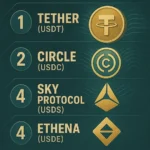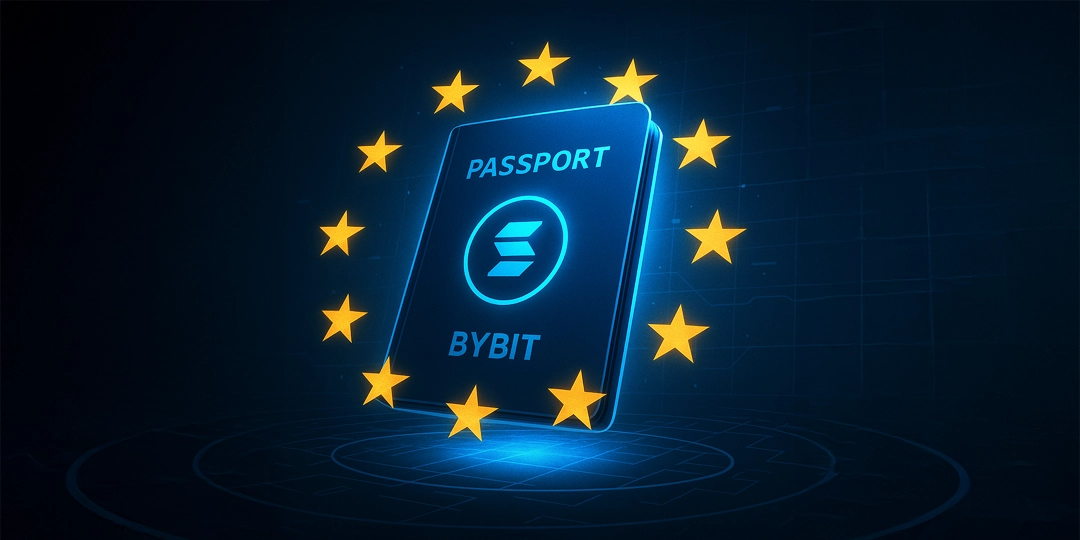Guatemala, better known for volcanoes and Mayan ruins, just tossed its hat into the global crypto ring with a draft law that’s got everyone talking. Having seen crypto regulation for years, honestly? This one’s smart. Proposed by Congresswoman Shirley Rivera, the Guatemalan cryptocurrency bill doesn’t force digital coins down anyone’s throat; instead, it dangles some seriously tempting carrots.
Rivera’s plan is to use cryptocurrencies to purchase tacos, rent, and even savings stashes, amongst others, with zero capital gains tax. That’s right. Buy a chicken or bus ticket with Bitcoin? Keep all the profits if its value spiked. (Businesses trading crypto still pay taxes, though—fair’s fair.)
Now, where’s the oversight? Wallets and exchanges answer to Guatemala’s banking watchdog, the SIB. They’ll need to register, which might sound boring but actually matters. It means individuals trying crypto for the first time won’t get scammed by some fly-by-night app. Trust = adoption. Simple as that.
Back in January, Guatemala’s central bank slammed the brakes hard. In a no-nonsense move, they declared crypto assets aren’t considered real money here. The quetzal reigns supreme as the nation’s only legal tender. Central Bank President Álvaro González Ricci didn’t mince words either: he framed cryptocurrencies strictly as investment assets—think stocks or gold, not your morning coffee currency.
Fast-forward to today? That stern January warning makes Rivera’s voluntary-use bill even bolder. She’s not fighting the central bank’s stance but working around it by creating parallel lanes: one for the quetzal and another for optional crypto life.
Why is this bill a big deal? Look at Guatemala’s stats: nearly half the population is unbanked. Rivera’s crew gets that crypto isn’t just for speculators; it’s a ladder. The draft literally calls digital assets “tools for financial inclusion.” That’s not jargon; it’s lifeline thinking.
Globally, the timing’s spicy. Europe’s tangled in MiCAR red tape, the U.S. can’t decide if crypto’s a security or a commodity, and here comes Guatemala with a pragmatic blueprint. No overreach. Just clear guardrails and tax breaks that make sense.
Could this turn Guatemala into Central America’s crypto oasis? Maybe. Imagine digital nomads coding DApps by Lake Atitlán or campesinos receiving remittances straight to stablecoin wallets. The Guatemalan cryptocurrency bill isn’t flashy, but it’s quietly revolutionary.
















